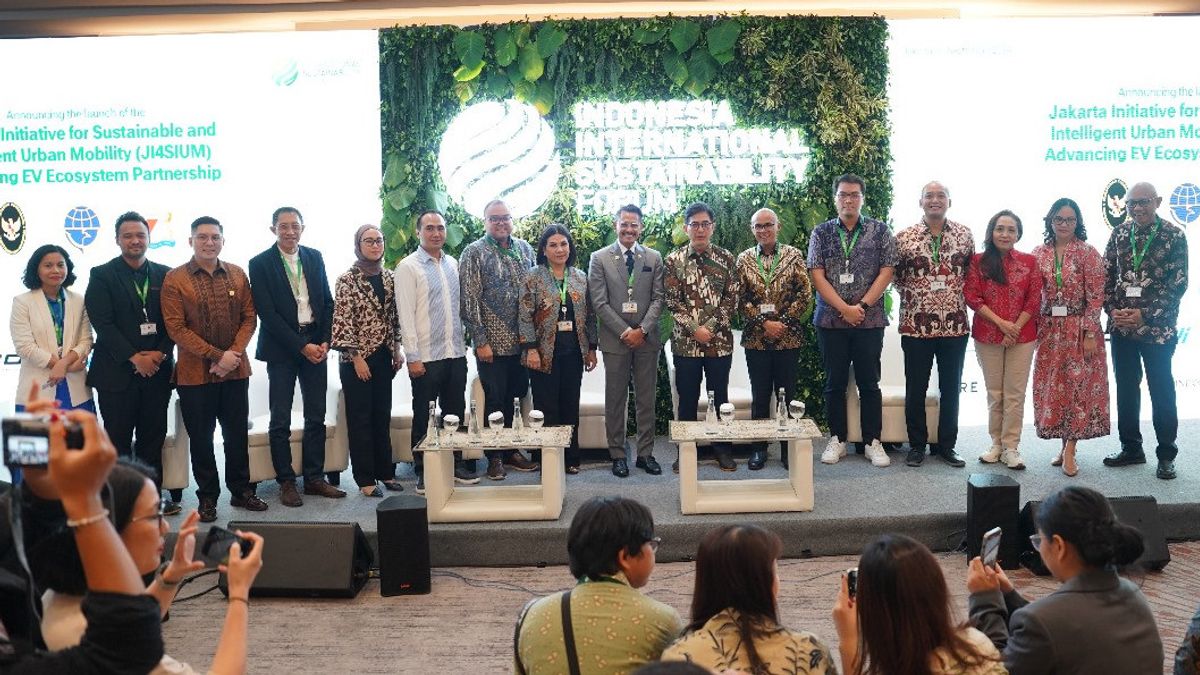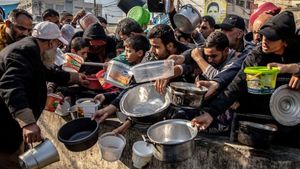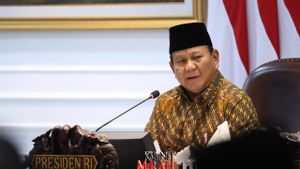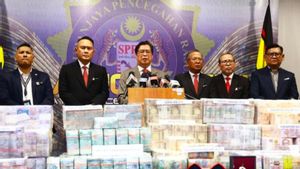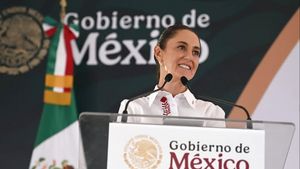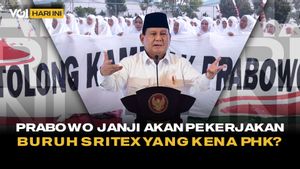JAKARTA - The problem of air pollution in Indonesia is in the spotlight in the 2024 Indonesia International Sustainability Forum (IISF) which took place at Merak 3, Jakarta Convention Center (JCC), Jakarta, Friday, September 6. In the Thematic Session that discusses air quality, stakeholders from various sectors are involved in finding solutions to the increasingly worrying air pollution problem.
One of the main issues raised is the absence of data integration and inventory of emission sources that can form the basis for air pollution control policies. Currently, the inventory of new emission sources is carried out in Jakarta, even though air pollution is cross-border and affects Jakarta agglomeration areas which include Jakarta, Bogor, Depok, Tangerang, Bekasi, Puncak, and Cianjur (Jabodetabekpunjur). This condition encourages the need for pilot projects for Inventory Emission and Source Application in the area.
IISF 2024 presents an international session that focuses on learning from the experiences of other countries in overcoming air pollution. In this session, experts from various countries shared their successful strategies. Tanushree Ganguly, Director of Air Quality Life Index (AQLI) from the Energy Policy Institute at the University of Chicago said that public access to data is important to oversee clean air policies.
"Without data and literacy on data, there will be no public awareness, requests to the government, and air actions are clean from the community. Without people moving, the government will not produce policies that favor improving air quality," explained Tanushree.
On the same occasion Sigit Reliantoro, Director General of Environmental Pollution and Damage Control, Ministry of Environment and Forestry appealed that the urgency of the data should not be a noise that does not become an action.
"I suggest that we prioritize the handling of air pollution in areas that have been identified as hotspots such as Palembang due to forest fires, the end of Suralaya due to energy, and the more complex urban greater area of Jakarta," said Sigit.
SEE ALSO:
Furthermore, Sigit proposed that the handling of Jakarta's air pollution be cross-regional, namely Jabodetabek and even Karawang. According to him, handling air pollution in greater Jakarta needs to be a concern, including from the aspect of evidence-based policies, scenario planning, firmness in the prosecution of sources of pollution, as well as monitoring and evaluation.
Meanwhile, Ratna Kartadjoemena, co-founder of Air Talks, emphasized the importance of adopting the best practices from other countries.
"We need to learn from global experience in overcoming air pollution to accelerate the implementation of clean air policy in Indonesia," he said.
ISF 2024 is an important momentum for Indonesia in strengthening commitment and cooperation to overcome air pollution, with the hope of producing solutions that can be implemented effectively across the country. This ISF event is also supported by Air Talks, as a sustainably partner that encourages real action in handling air pollution, including education to the public and advocacy to stakeholders.
The English, Chinese, Japanese, Arabic, and French versions are automatically generated by the AI. So there may still be inaccuracies in translating, please always see Indonesian as our main language. (system supported by DigitalSiber.id)
